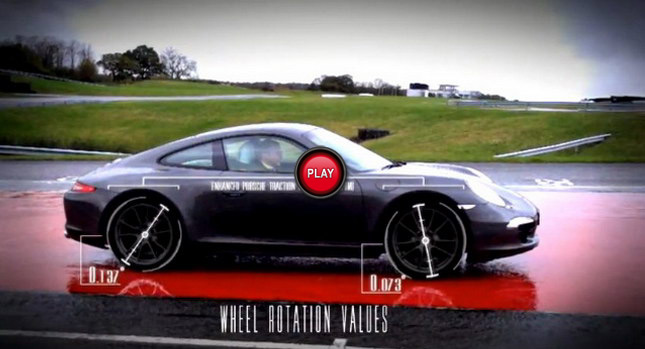Even Porsche itself knows that, if it weren’t for its large fan and more importantly, customer base, the 911 would be long gone and replaced by something that adheres to, rather than disregarding, the laws of Physics.
No matter how you put it, letting the engine hanging out behind the rear axle may provide superior traction from a standstill but, when it comes to cornering, it creates a pendulum effect that’s hard to contain.
With every generation, Porsche has made improvements to reduce this effect. A significant aid to drivers trying to avoiding ending up in a barrier or a hedge when they misjudge a corner came in 1989 with the 964, the first-ever 911 with the Carrera 4 badge that stands for all-wheel drive.
The 964’s 959-based AWD system was replaced on the 993 that followed by a simpler, and more reliable, arrangement but the important thing was that, from the late 1980’s, every 911 had an all-wheel drive version, too.
Now, some may question in the age of super-advanced electronic stability control systems, and with the new 991 being the easiest 911 to drive so far, if there is any need for an AWD variant or if the Carrera 2 is all anyone would ever need.
The PTM (Porsche Traction Management) all-wheel drive system was comprehensively overhauled in 2008 when the 997 was revamped. Compared to the rear-wheel drive Carrera 2, it offered an additional level of security without numbing the steering feel or sharp responses the 911 has become synonymous with.
Though we haven’t got behind the wheel of the 991 (yet…) the new chassis with its longer wheelbase and better weight distribution should make even better use of it.
For the time being, watching Gordon Robertson demonstrate the new Carrera 4’s features in Porsche’s Experience Center around a very slippery Silverstone circuit will have to do…
By Andrew Tsaousis
VIDEO



